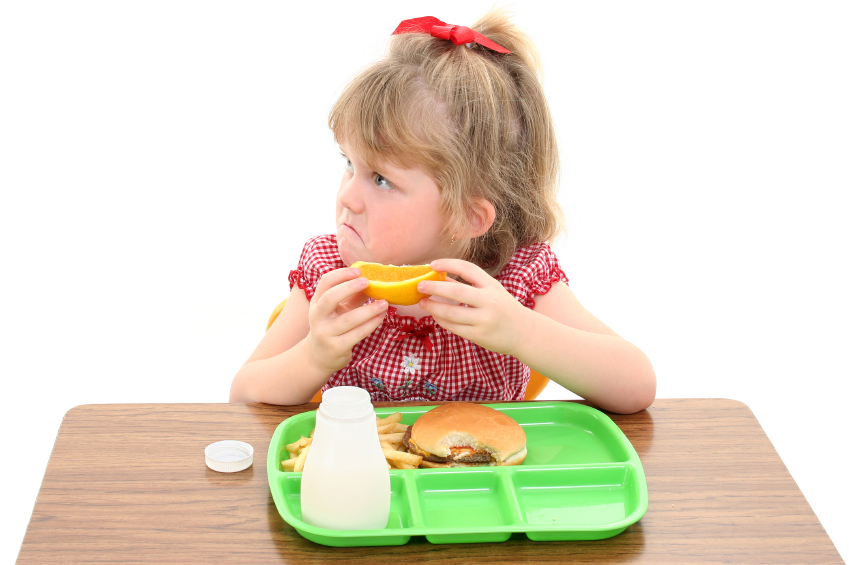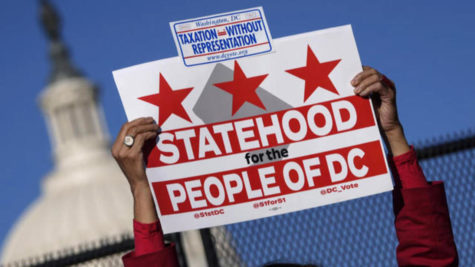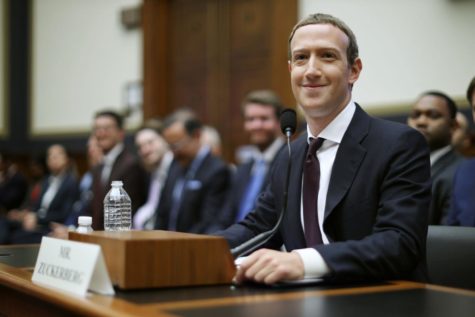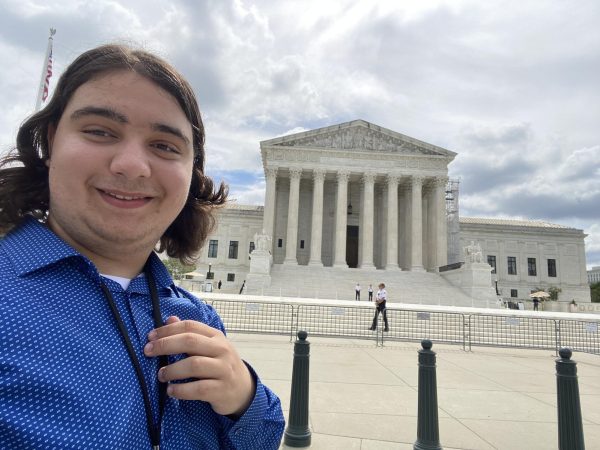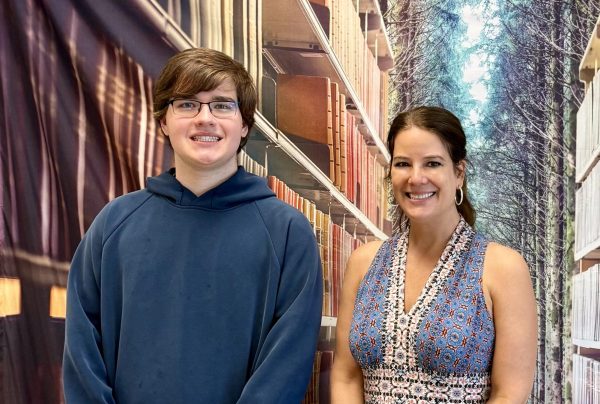OPINION: Schools Are Cutthroat on Debt
Schools are threatening public humiliation, credit damage, and foster care — because their students are poor.
Earlier this year, Wyoming Valley West School District threatened foster care to students who couldn’t afford their lunch debt.
Two days ago, cafeteria workers from a school in Minnesota(Richfield High School) threw away the hot lunches of students owing $15 or more, publicly shaming several students for their inability to pay for food. And lately, an Arkansas district(Cabot School District) has even begun contacting collection agencies, wrecking the credit of many poor families who cannot afford to pay for school lunches.
Schools across America have declared their war on poverty — and it is through these various punishments that they will rain their vengeful fire.
15 million American children live in poverty as federally defined(an annual income below $25,750 for a family of four) and poverty is by itself a torment for many children. Poverty is linked to substandard housing, inadequate nutrition, food insecurity, poor academic achievement, and mental illness. Children in poverty are likelier to drop out, have worse grades than better-off students, and often spend their childhoods unsure of when they’d eat their next meal.
American schools are adding fuel to the fire that is the childhood trauma of poverty.
The stress of childhood poverty is immeasurable, and to encumber poor students with further tribulation — namely, public humiliation and foster care, is a cruelty we’d forgive no institution but public school. Students utilize lunch to socialize with one another, and poor students already have other penury hiccups discouraging inter-student consorting: physical embodiments of their penniless states such as their clothes being outdated or tarnished. Overcoming this road-bump may be fatiguing enough; the anxiety surrounding whether their meals will be confiscated by prosecuting cafeteria workers will only further taint their precious lunchtime.
Frankly, many school districts across America have distorted FDR’s war on poverty — rather than attack the source of destitution, they have decided to regard those afflicted by it as the enemy.
Some schools keep track of what their students owe them, but what’s owed isn’t just library books. It is a modern trend of high schools to require a laptop for every student, which appears to be charitable on the surface. However, these high schools, where students engage in gym, sports, and are subject to the roughhousing of those around them, enact penalty on those who may damage their school-issued technology.
The schools may argue that the existence of insurance forms prevent the stress of potential impairment, but those who are necessitous usually cannot afford the insurance. The cost of pencils, binders, folders, gym shoes, and school supplies far outweigh the need for laptop insurance being as the necessity for pencils is inarguable whereas a laptop may not break during the entirety of a high schooler’s experience. But life is subject to ruckus, and students are held responsible with hundreds owed when such ruckus occurs.
When students owe schools money is when the unprivileged are truly beaten down. The unprivileged only lose privilege, and schools reflect society in that they remove potential joys due to an economic status. Students that owe schools money may lose entitlement to buying tickets to dances, football games, field trips, and what other felicity may be offered by the school.
These students may be single-parented, disabled, unable to work, struggling with recent financial disaster, etc, and yet our public schools offer no relief.
Schools treat the penniless like the rest of our society’s institutions — as lower-class citizens.

Blaze Myers is a graduate of BASH. His senior year was his first year in the CUB, previously only collaborating. He was in several leadership positions,...













